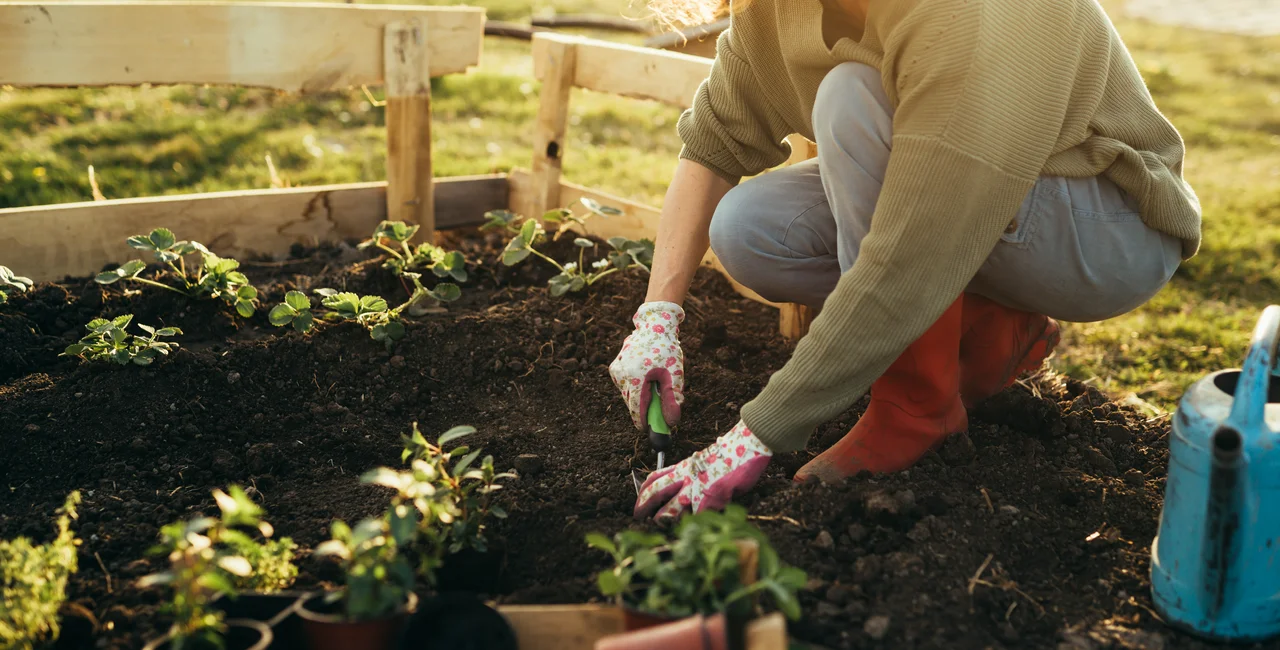The Covid-19 pandemic spurred a worldwide resurgence in gardening, with its social and health benefits taking center stage as people sought safe outdoor activities, according to a comprehensive international study co-authored by Czech researcher Jan Vavra.
The study, published in the science journal Urban Forestry & Urban Greening, underscores the therapeutic role of gardening during crises and recommends its integration into public health, food security, and climate change adaptation policies and education.
PARTNER ARTICLE
As the pandemic swept the globe, gardening emerged as an unexpected silver lining. The study, featuring contributions from 26 scientists across nine countries, reveals that gardening provided solace and respite from anxiety for individuals grappling with the uncertainties of the Covid-19 era.
With lockdowns and restrictions limiting social interactions, gardens became sanctuaries where people could connect with nature, enjoy the outdoors, and safely meet friends and family.
Jan Vavra, affiliated with the SYRI National Institute and the Institute of Sociology of the Czech Academy of Sciences, emphasizes that gardening should be viewed as a psychosocial intervention. It not only alleviated stress during the pandemic but also serves as a vital coping mechanism amid broader crises, including climate change.
The study highlights the positive impact of gardening on mental health. For many, tending to plants and green spaces has been instrumental in reducing stress and enhancing overall well-being. Gardening transcends cultural boundaries and has proven to be a universal remedy for pandemic-induced stress.
Gardening's resilience in the Czech Republic
In the Czech Republic, gardening has deep-rooted cultural significance, particularly in rural areas. However, urbanization and development pressures have increasingly threatened green spaces. Municipalities have earmarked garden areas for housing and commercial projects, raising concerns about the future of this cherished tradition.
Food sovereignty plays a pivotal role in motivating Czech gardeners. The opportunity to grow fresh, healthy produce resonates strongly with many. A significant proportion of households, 53 percent, cultivate their fruits, while an additional 7 percent contemplate starting their gardens. For 20 percent of these households, homegrown produce is not just a hobby but a substantial food source, rivaling conventional grocery shopping.
The pandemic's impact has emphasized the need for localized food systems, aligning with the principles of food sovereignty. The study calls for gardening to be incorporated into public health, food security, and climate change adaptation policies and strategies.
Furthermore, it advocates for the inclusion of gardening in educational curricula, recognizing its potential to nurture resilience and well-being in individuals and communities.












 Reading time: 2 minutes
Reading time: 2 minutes 


























